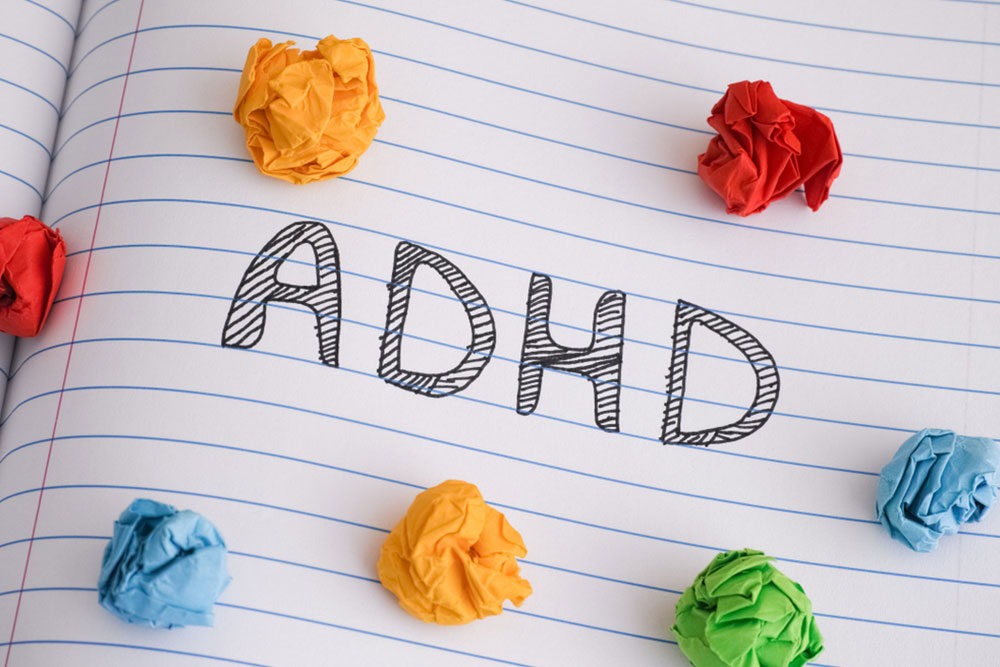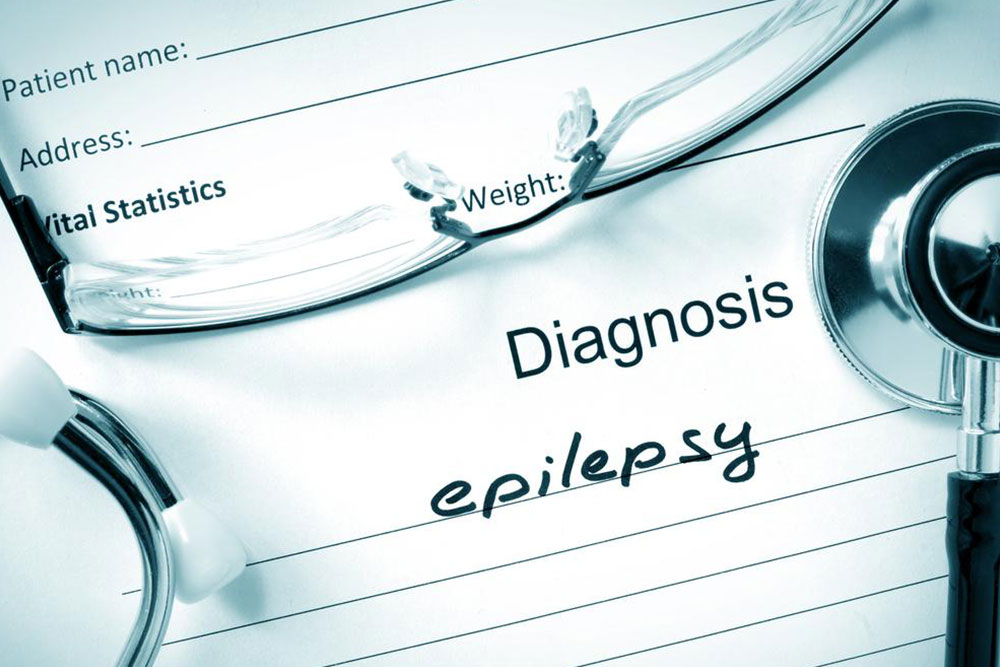Top 8 Risk Factors Associated with Early-Onset Dementia
Explore the eight key risk factors linked to early-onset dementia. This article details how genetic, lifestyle, and health factors such as alcohol use, strokes, medication, depression, genetics, drug use, cognitive function, and blood pressure influence the development of dementia before age 65. Gain valuable insights to understand and potentially mitigate these risks with expert-backed information designed for increased awareness and early detection.

Understanding Early-Onset Dementia and Its Key Risks
Early-onset dementia, also known as young-onset dementia (YOD), occurs before age 65. Worldwide, approximately 35.6 million individuals live with dementia, with 4-10% being YOD cases, affecting people as young as 30-35. This condition involves the buildup of plaques in the brain, often influenced by genetic mutations affecting plaque formation and processing. Eight primary risk factors drive about 68% of early-onset dementia cases. Here are the most significant:
Excessive alcohol consumption: Heavy drinking is linked to memory impairment and dementia, often causing hallucinations and paranoia, crucial early risk indicators.
History of strokes: Repeated strokes impair blood flow to the brain, increasing dementia risk due to disrupted brain function.
Use of antipsychotic drugs: Medications for mental health issues can damage brain tissues over time, acting as a significant risk factor.
Depression: Persistent depression can impair rational thinking and lead to cognitive decline, raising dementia susceptibility.
Genetic predisposition: Family history, especially if a parent has dementia, significantly elevates risk.
Illicit drug use: Substance abuse damages brain cells and impairs memory, contributing to early dementia development.
Lower cognitive abilities at early adulthood: Reduced mental function early in life diminishes the brain's capacity to process information, increasing dementia chances.
Blood pressure irregularities and low body weight: Abnormal blood pressure levels and weight issues can interfere with brain health, promoting dementia.
Note: Our blog aims to provide helpful insights through well-researched content. However, this information shouldn't replace professional medical advice. The site isn't responsible for data discrepancies or updating offers beyond our scope.










